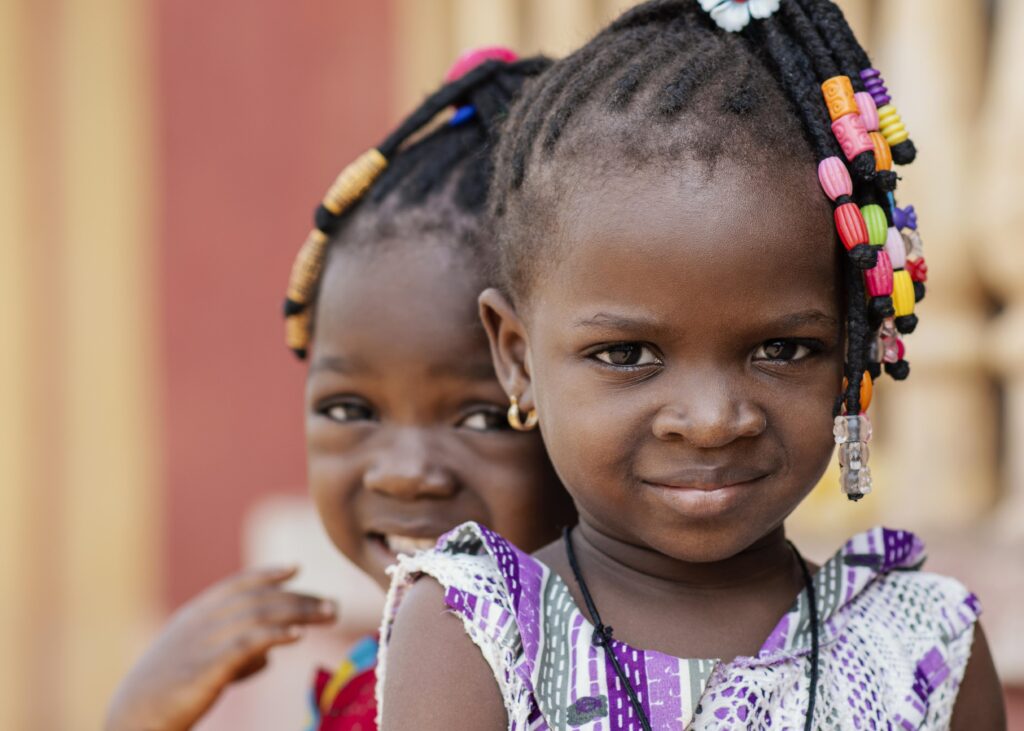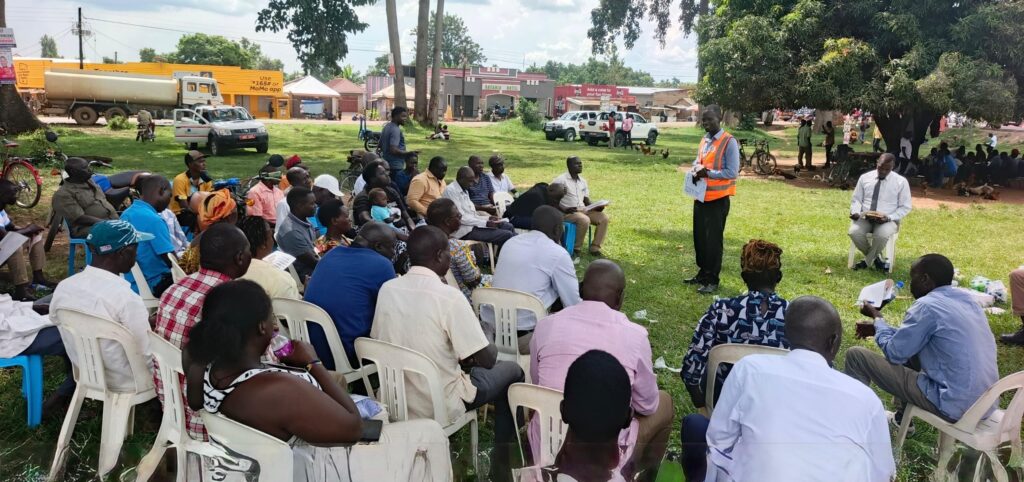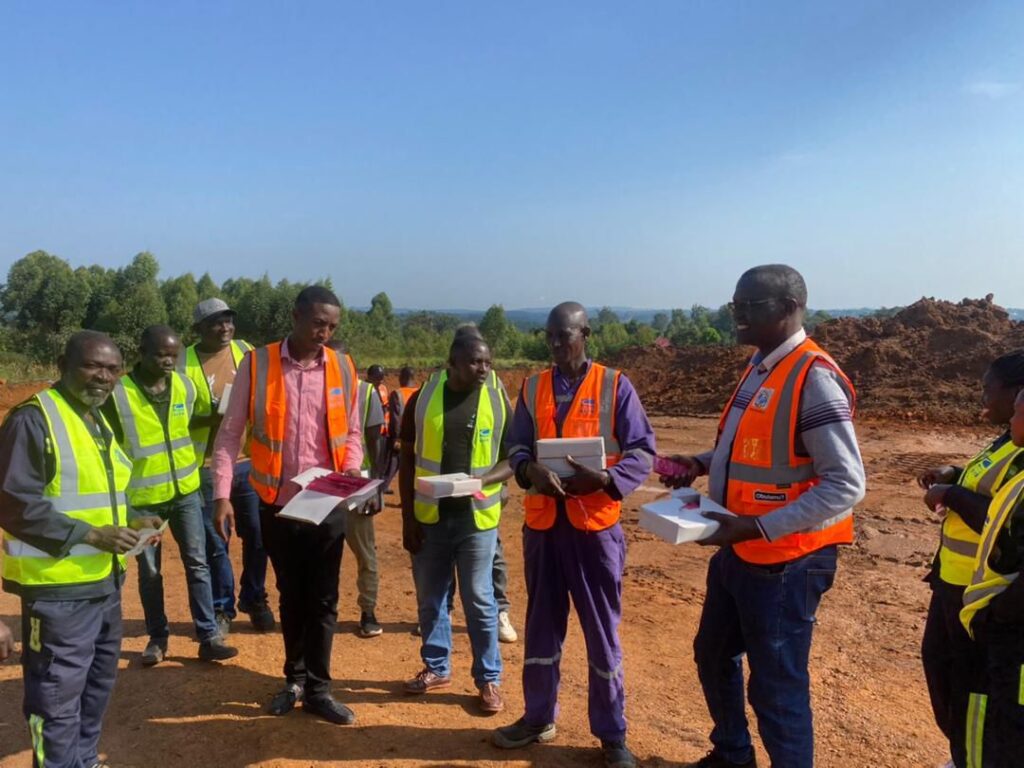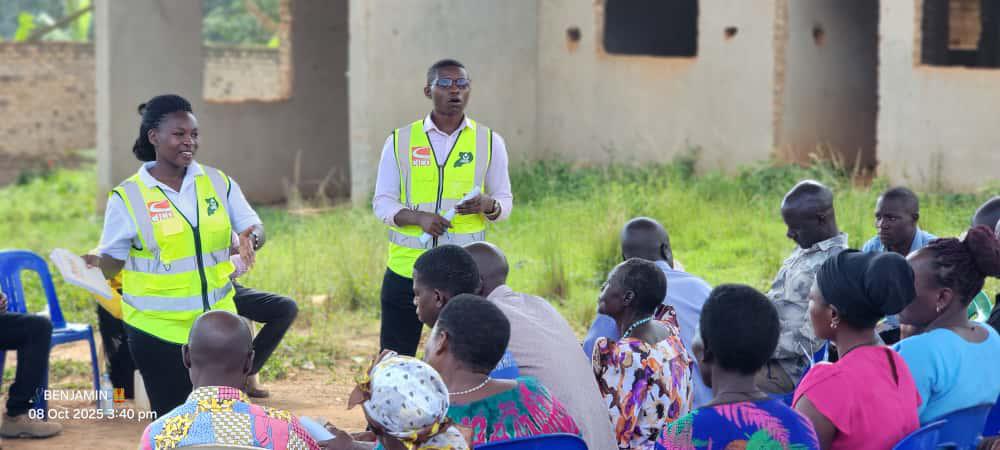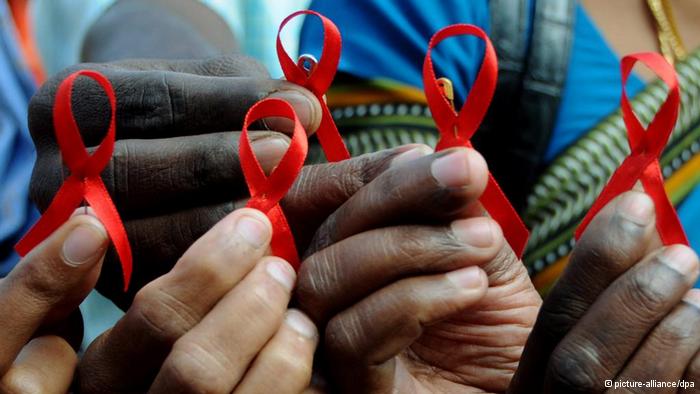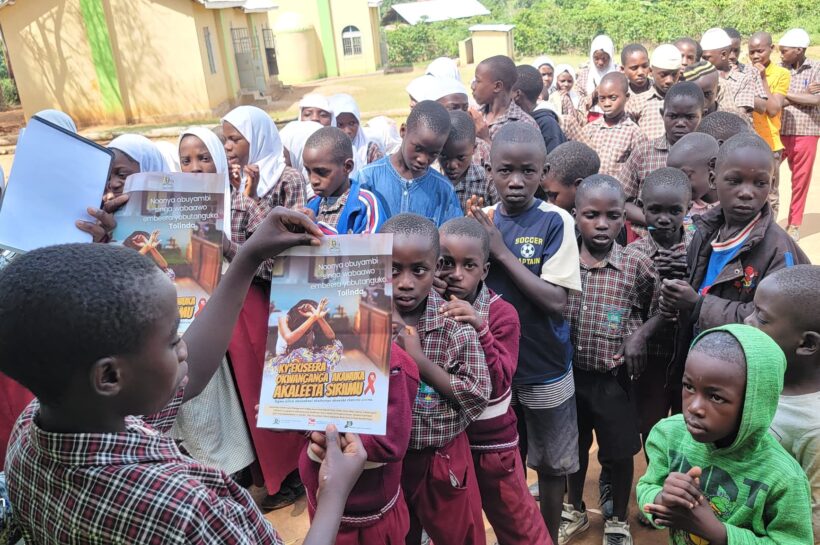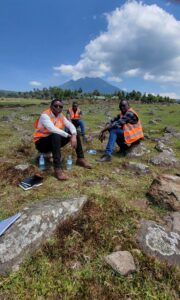
Upper Nile Conservation Initiative
A healthy, skilled, and empowered Ugandan society living in harmony with a protected and sustainable environment.

Upper Nile Conservation Initiative
A healthy, skilled, and empowered Ugandan society living in harmony with a protected and sustainable environment.
About us
welcome to
About UNCI Uganda
Upper Nile Conservation Initiative (UNCI) is an indigenous Non-Governmental Organization (NGO) registered with the National Bureau for Non-Governmental Organizations in Uganda in 2018, whose scope is to operate country wide.
Core Values
1. Integrity
2. Compassion
3. Inclusivity
4. Sustainability
5. Empowerment
Core Objectives
1. Health & Reproductive Rights:
2. HIV/AIDS Response:
3. Environmental Conservation:
4. Education & Vocational Skilling:
Program Areas and Activities
1. Health & Reproductive Rights
2. HIV/AIDS Response
3. Environmental Conservation
4. Education & Vocational Skilling
5. Distribution of re-usable pads in schools
At UNCI, we are seeking for partners to provide access to reusable pads, promotion of menstrual hygiene, reproductive health education and sensitization against stigma and early marriages in these regions.
To improve the quality of life and resilience of communities in Uganda through inclusive and sustainable health, education, environmental, and HIV/AIDS interventions.
Subscribe Now
Don’t miss our future updates! Get Subscribed Today!
